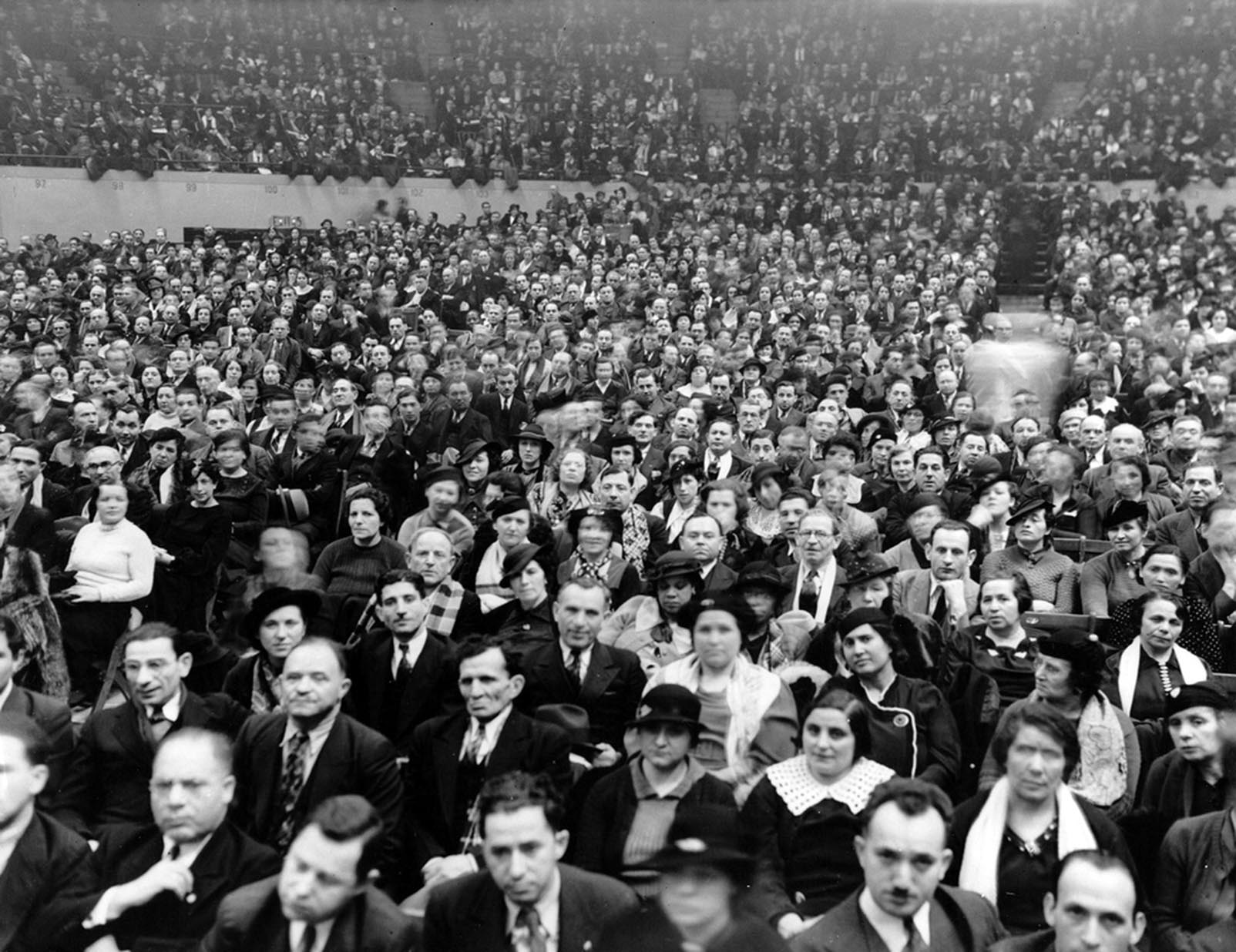Too big to work (part one)
 As many of us progress towards the end of our academic careers, we are able to look back at our lives in school with a perspective earned from experience. We might look back with gratitude at aspects of our schooling which we once took for granted. On the other hand, we might look back at our past curricula and shudder at a history lesson that once seemed innocuous, but whose moral implications startle us today.
As many of us progress towards the end of our academic careers, we are able to look back at our lives in school with a perspective earned from experience. We might look back with gratitude at aspects of our schooling which we once took for granted. On the other hand, we might look back at our past curricula and shudder at a history lesson that once seemed innocuous, but whose moral implications startle us today.
The latter is possible not only because we are older and look back with more experiences to draw from, but also because the world has changed since those lessons were taught, and the standards for what ideas are appropriate to instill in the mind of a child have changed with it. For instance, every year our nation’s teachers need to revisit how to present Christopher Columbus to their classes.
The hypocritical rhetoric of our nation’s forefathers on the American slave industry is another topic that seems to become increasingly apparent in academia as the years go on, and teachers continue to debate over whether or not to include Huck Finn’s edgy language in their syllabi.
Many of these evolving topics seem to be related to our nation’s identity, which indicates a parallel evolution may be going on. Each generation of Americans that questions which national figures they want their children to admire is gradually redefining our national identity.
Despite these re-evaluations, there are certain tenets that are simply too close to the core of our nation’s philosophy to be questioned. The notion that democracy is the greatest shape a society can take is one of these unquestionable beliefs, but in a constantly and completely changing world, I don’t think any aspect of our culture should be left un-scrutinized.
But how could our world have changed to make democracy any less the ideal of individualism and self-determination than it has been presented as for centuries in this country? Simply stated: our world has gotten very crowded. Our nation’s population has gone from around five million at the turn of the nineteenth century to roughly three hundred million today. The degree of empowerment derived from knowing you have the freedom to voice your opinion is significantly diminished when that voice is being drowned out by hundreds of millions of others and counting.
Our relative smallness in a massively populated world and the pressure that puts on our potential social and political ambitions is an underreported reality in the information age. It would be careless to imply that the world’s exponentially mounting population has gone unnoticed, but our popular culture and laws still incessantly reference ancient documentation as authorities regardless of the fact that they were written in a world where democracy meant something entirely different than it does today.
Now, this isn’t intended to be an argument against democracy as a method of governance, but it is intended to demonstrate how even the most apparently stable of our social values is actually in a state of constant flux. Specifically, this change is one of expansion and growth. To disregard this dynamic nature is to allow social values and laws to become antiquated and to fall into disrepair. As a generation, we know enough about social negligence leading to disrepair to realize that we can’t afford to procrastinate.
Regardless of how one feels about our culture today, the fact that old rules and definitions no longer apply to it is undeniable. Be it in the regulation of businesses or the structure of government, changes must constantly be made so long as we continue to expand.
